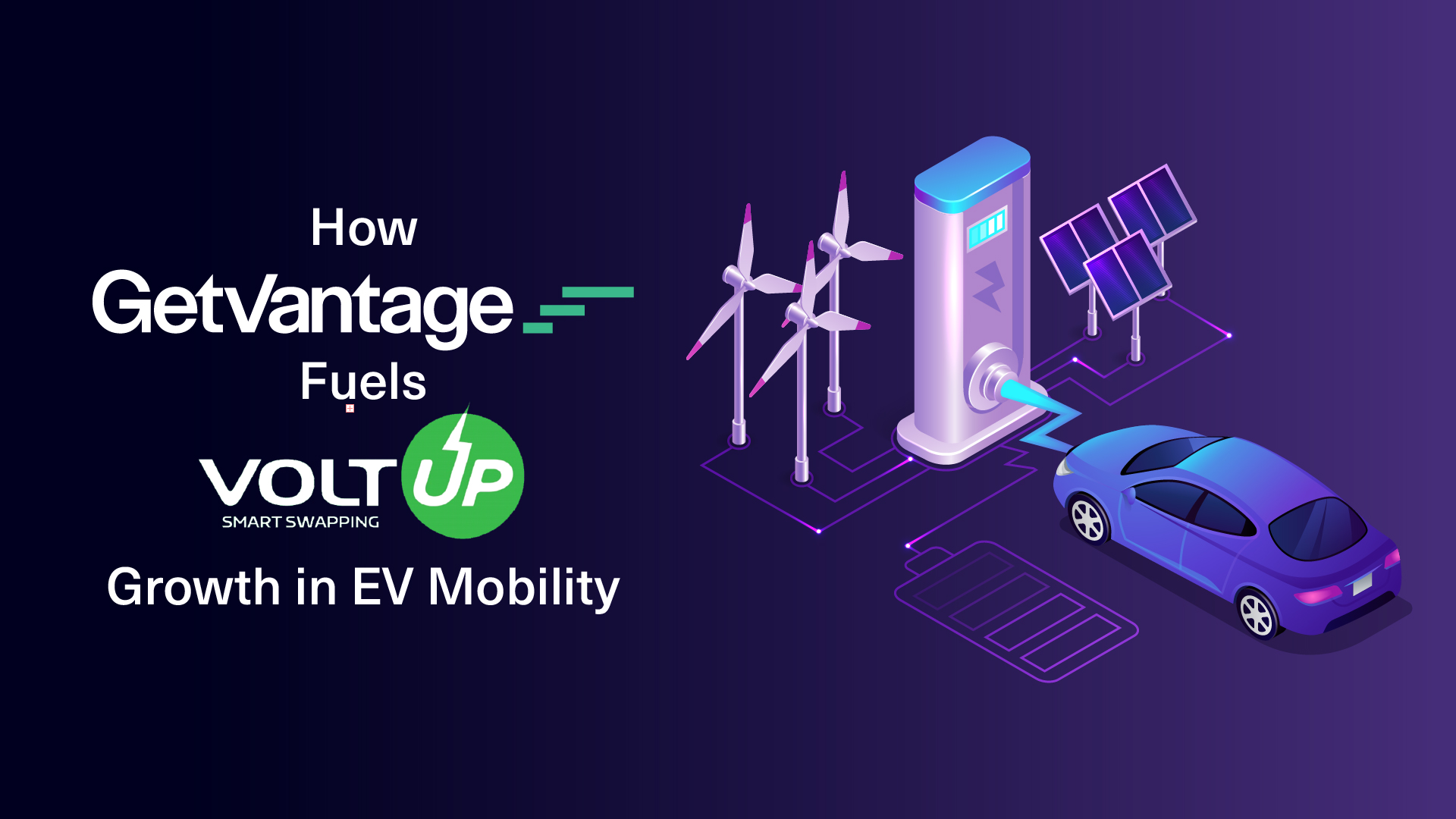Micro, Small, and Medium Enterprises (MSMEs) are central to India’s ambition of becoming the third-largest economy by 2027 and achieving the status of a developed nation, or Viksit Bharat, by 2047. Over the last decade, India has faced significant global challenges—ranging from the COVID-19 pandemic to economic slowdowns and geopolitical uncertainties—yet has emerged as one of the fastest-growing economies in the world. This resilience can be attributed largely to the pivotal role that the MSME sector has played in driving GDP growth.
Key Challenges Faced by MSMEs
Despite their importance, MSMEs in India encounter several challenges that hinder their growth:
- Access to Capital: Securing funding remains a persistent struggle, with traditional banks often imposing rigid processes and stringent documentation requirements.
- Regulatory and Compliance Requirements: Navigating the complex regulatory environment is resource-intensive and often burdensome.
- Technological Changes: The rapid pace of technological advancement can be difficult for MSMEs to keep up with, especially those with limited resources.
- Market Access and Competition: MSMEs face intense competition from larger enterprises and often struggle to access broader markets.
- Inadequate Infrastructure: Poor infrastructure, particularly in rural areas, hampers operational efficiency and growth.
- Lack of Innovation and R&D: Limited investment in research and development restricts innovation and competitiveness.
- Trade Barriers: International trade regulations and barriers can limit export opportunities.
- Awareness of Government Schemes: Many MSMEs are unaware of the various government schemes designed to support them, resulting in underutilization of these resources.
Embracing Digital Solutions and Technological Innovation
To overcome operational challenges, MSMEs are increasingly adopting newer digital solutions, integrations and technological innovations. One such integration is Embedded financing which has streamlined processes, reduced costs, and enhanced efficiency, enabling businesses to scale effectively. Similarly, cash flow-based financing is picking up. In today’s competitive global market, being flexible with adopting more efficient methods is not a luxury but a necessity for MSMEs aiming for sustainable growth.
The Role of Fintech in MSME Financing
Access to finance remains a significant barrier for many MSMEs. Traditional banks, though offering lower interest rates due to their ability to leverage customer deposits, often have stringent processes that delay funding. Fintech companies are addressing this gap by revolutionizing MSME financing through the use of alternative data sources and advanced analytics, which enable quick, unsecured loans with minimal bureaucracy.
Embedded finance is poised to transform the financial landscape by integrating financial services into the fabric of everyday business operations. Fintech firms offer trade credit solutions, cash flow-based financing, and supply chain financing, addressing the capital needs of MSMEs more efficiently than traditional methods. Platforms like UDYAM, Entity Locker and GST compliance further enhance the credibility of MSMEs, making it easier to access financial support.
The Funding Revolution and Its Impact on MSMEs
Managing fixed and working capital requirements remains a significant obstacle for many MSMEs. Traditional banks, while viable, often impose processes that are too rigid for the dynamic nature of the MSME sector, resulting in a financing environment that is slow to respond to the urgent needs of small businesses.
Fintech firms are stepping in to fill this gap, offering a range of capital solutions, both dilutive and non-dilutive. These solutions are particularly crucial for unlisted MSMEs, which may struggle to secure traditional funding due to weaker financial fundamentals. By addressing these challenges, fintechs are not only providing immediate financial relief but are also positioning MSMEs for long-term growth and investment.
The success of recently listed SMEs in the stock market underscores the potential of the MSME sector when supported appropriately. However, unlisted MSMEs often face a gray area where access to funds is limited, and securing a lucrative exit strategy is challenging. Addressing these issues is essential to attracting more investors to this segment, thereby boosting growth ratios and unlocking further investment opportunities.
OCEN (Open Credit Enablement Network) is yet another ground-breaking innovation that is set to revolutionize the way MSMEs access working capital. It’s an innovative approach that uses the premise of interoperable networks to provide transparent, structured embedded financing to small businesses, creating a larger impact on the economy. This combined with the recent announcement of a United Lending Interface (ULI) by the Reserve Bank of India is poised to transform the credit landscape in favor of small business owners over the coming years.
Conclusion
India’s MSME sector is not just a driver of economic growth but a cornerstone of the nation’s future prosperity. By addressing structural challenges, embracing digital transformation, and leveraging fintech innovations, the sector can overcome its current limitations. As India continues on its path toward becoming a global economic powerhouse, the success of MSMEs will be crucial in realizing the nation’s ambitions. At GetVantage, we’re excited to spearhead the effort to level the playing field and make working capital accessible to millions of MSMEs alongside like-minded partners and with the support of forward-thinking policy-makers in the coming years.





